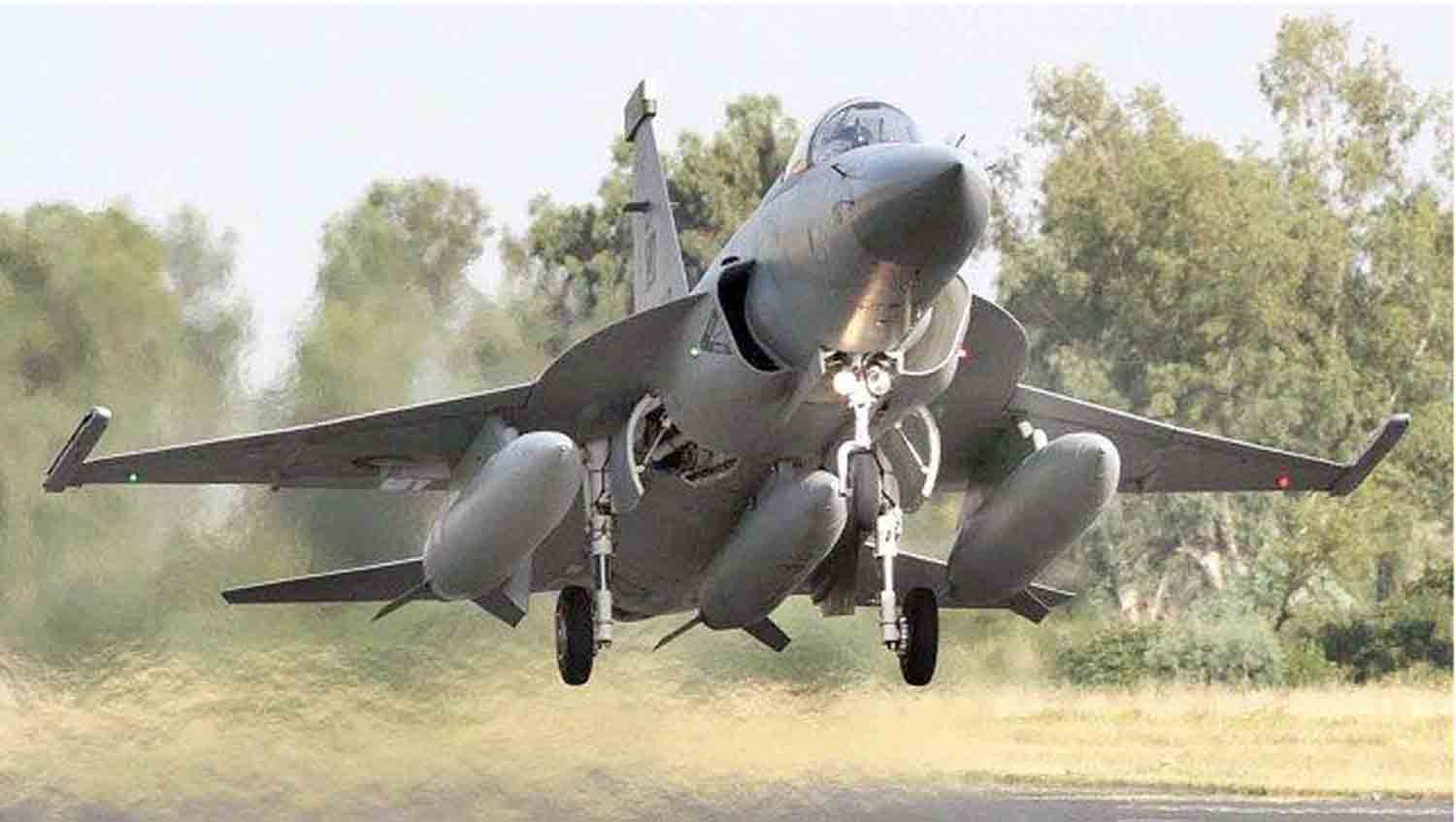As the Trump administration continues its efforts to negotiate a resolution to the conflict in Ukraine—potentially favoring Moscow over Kyiv—European nations are, for the first time in decades, turning their attention to enhancing their military capabilities. This shift is particularly evident in Germany, where the Bundeswehr, the country’s armed forces, has suffered from years of inadequate funding. However, this trend is about to change.
Chancellor-designate Friedrich Merz has recognized that it is time for Germany to significantly increase its military investments, reaching levels not seen since the Cold War era.
Recently, Germany enacted a significant reform to its constitutional debt limit, which will release billions of euros for military spending. If Germany allocates 3.5% of its GDP over the next decade, this could total approximately €600 billion ($652 billion).
In a confidential location in central Germany, five NATO allies participated in joint training exercises, simulating an attack by a “foreign adversary” on one of the alliance’s members.
The full-scale invasion of Ukraine in February 2022 marked a pivotal moment for Europe, signaling the return of war and the end of the détente that had prevailed since the fall of the Iron Curtain.
In Berlin, this event initiated what is referred to in German as the “Zeitenwende,” or “turning point,” marking the start of renewed efforts to increase military expenditure.
Outgoing Chancellor Olaf Scholz emphasized the necessity for a new defense and security strategy, highlighting the need for special focus on the Bundeswehr.
He established a one-time fund of €100 billion aimed at “comprehensive investment” in the Bundeswehr, which required an amendment to the Basic Law, Germany’s constitution.
Although the establishment of that fund was positively received, the execution of the policy has been underwhelming, and internal conflicts within the government ultimately resulted in Scholz’s departure from his position.
Merz is now aiming to invigorate the “Zeitenwende.”
Sudha David-Wilp, a senior fellow at the German Marshall Fund of the United States, a think tank, informed CNN that “Merz and his coalition must expedite this… There is now significant great power competition, and hard power is the currency of international relations.”
While a simulated attack was taking place, Merz was in Berlin articulating his new vision for the military. “For at least a decade, and likely much longer, we have relied on a false sense of security in our society… We are now facing a paradigm shift in defense policy.”
Since the mid-Cold War period, Germany’s military spending as a percentage of GDP has significantly declined. It reached a peak of 4.9% in 1963 but fell to a historic low of just 1.1% in 2005.
It was only in 2024 that Germany finally met the NATO defense spending benchmark of 2%, marking the first time in over three decades.
While Merz appears dedicated to enhancing Germany’s military capabilities and establishing a more robust defense framework, a report from the Parliamentary Commissioner for the Armed Forces, Eva Högl, indicated that substantial work remains.
Released last week, the report highlighted that the Bundeswehr failed to meet recruitment goals, has an aging combat force, and suffers from inadequate barracks and basic infrastructure. At the report’s launch, she stated, “the Bundeswehr still lacks sufficient resources in every area.”
In 2018, Germany pledged to increase its active military personnel to 203,000 by 2025, a target that was later extended to 2031. According to the report, “the Bundeswehr has once again fallen short of its original goal.” Högl noted that the current strength of the Bundeswehr stands at 181,174 personnel.
The Högl report emphasized the increasing age of military personnel, noting that servicemen and women are “growing older.” The average age rose from 32.4 in 2019 to 34 currently.
One of the most critical findings in the report was the financial requirement for infrastructure improvements, stating that €67 billion is needed. It characterized the condition of barracks and facilities as “still in a disastrous state.”
Additionally, there is a noticeable change in public perception regarding the Bundeswehr. Historically, Germans have been quite sensitive about their military image due to the country’s past, but recent polling indicates a shift towards a more favorable view.
A survey by German public broadcaster ARD conducted in March revealed that 66% of participants support increasing defense spending and funding for the Bundeswehr, while 31% believe that spending should either remain unchanged or be reduced.
Furthermore, 59% of respondents agreed that Germany should significantly raise its debt to address “upcoming tasks, particularly in defense and infrastructure.”
As Merz takes steps to revitalize Germany’s military capabilities, he expresses confidence in steering the nation towards a more secure and prosperous future.
“Germany is back,” he proclaimed last week in Berlin. “Germany is making a substantial contribution to the defense of freedom and peace in Europe.”
Discover more from Defence Talks | Defense News Hub, Military Updates, Security Insights
Subscribe to get the latest posts sent to your email.





